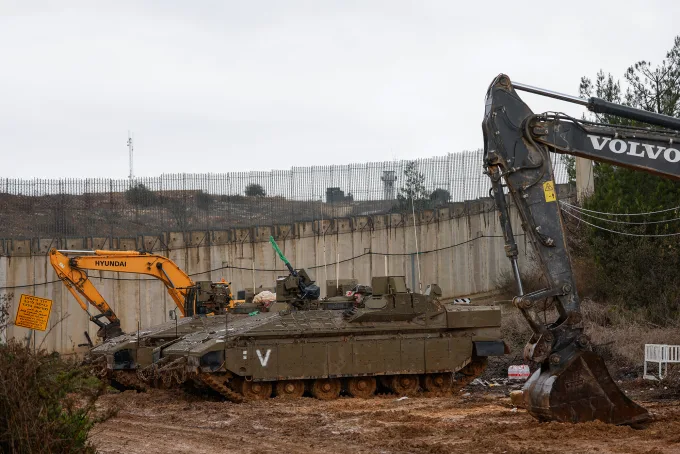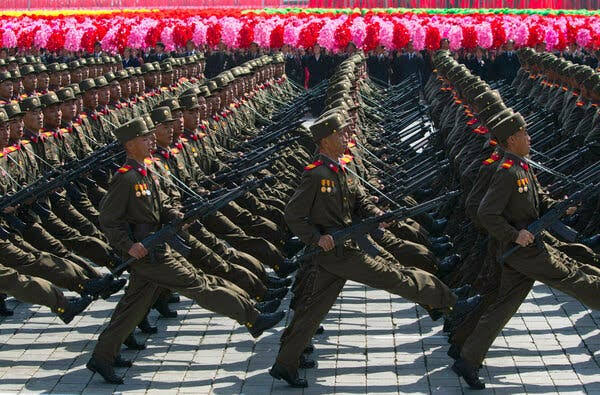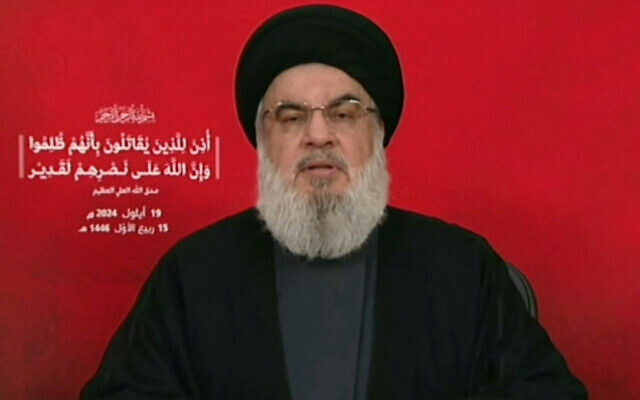Ceasefire Brings ‘Unusual’ Calm for Northern Israelis, But Fears of Hezbollah Threats Persist

A ceasefire deal between Israel and Hezbollah in Lebanon is now in force, but many residents of Israel’s northern communities refuse to return home, while those who have remained say the deal is unlikely to bring permanent peace.
The Israeli security cabinet voted on Tuesday to approve the United States-brokered deal, ending more than a year of hostilities that have killed thousands.
CNN visited the border town of Shtula on Wednesday just hours after the ceasefire took effect. The frontline community is just a few hundred feet away from the Lebanese border, and was once home to some 300 residents, many of whom fled after the war began last year.
Hours into the ceasefire, Shtula remained a ghost town, with only a handful of residents living there.
While CNN was in the town, a few blasts resembling outgoing artillery could be heard nearby. At one point, CNN also heard bursts of small arms fire in the distance.
The town is one of the most dangerous places in northern Israel, having faced the threat of Hezbollah’s anti-tank missiles for months. Residents worry that the threat will persist beyond a ceasefire.
Ora Hatan, who remained in her home in Shtula, said the morning of the ceasefire deal was “unusual” after months of relentless artillery fire.
“We wake up to the quiet morning. After one year, it’s unusual,” Hatan told CNN. “It’s peaceful; we’re not woken by the bombing and running to the shelters.”
When CNN visited the border town in July, it was given just three minutes by the Israeli military to enter and exit the town, as the risk of artillery fire was too high.
Hatan’s fears have not, however, subsided with the ceasefire deal. “I don’t know how long it will hold – this agreement,” she said. “Nobody knows.”
But unlike other northern residents who would have liked to see Israel deepen its military offensive in Lebanon and establish a buffer zone in southern Lebanon, Hatan said she does not know what option the Israeli government had other than to reach a deal.
“What other option that we have? To arrive to Beirut?”
The 60-day ceasefire aims to implement United Nations Security Council Resolution 1701, a nearly two decade-old agreement that stipulated that the only armed groups present south of the Litani River should be the Lebanese military and UN peacekeeping forces.
This means that neither Israeli forces nor Hezbollah fighters are permitted to operate in southern Lebanon. While the resolution was established in 2006, both Israel and Hezbollah have accused one another of breaching it multiple times since.
Tuesday’s deal was hailed by world leaders, including US President Joe Biden, who also sought to reiterate that Israel “retains the right to self-defense” if Hezbollah “or anyone else” breaks the agreement.
Israeli President Isaac Herzog said the Lebanon ceasefire deal needs to ensure the safety of residents in northern Israel. “The emerging arrangement will have to meet only one test – guaranteeing full security for all residents of the north,” he posted on X Tuesday.
CNN





